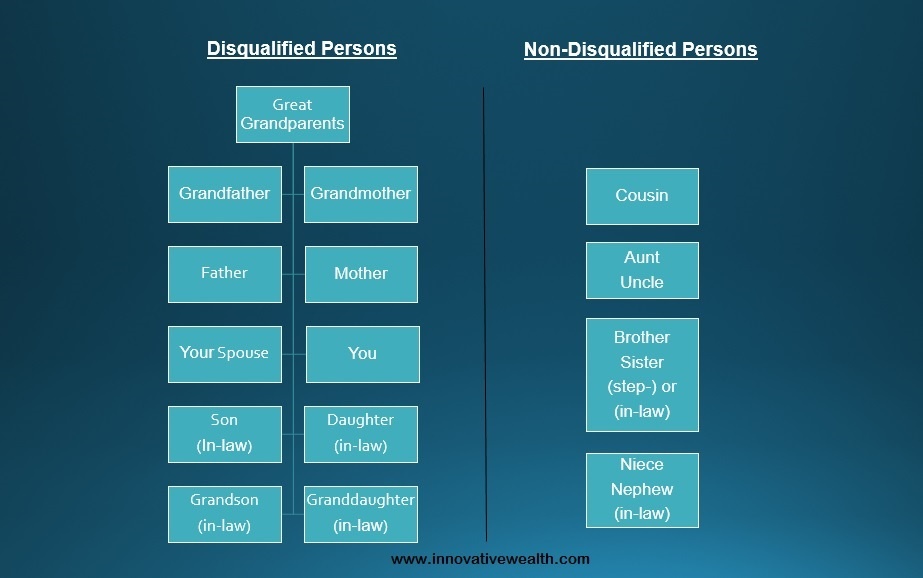The Self Directed IRA
A self-directed IRA is an account that allows you to self-direct your retirement. It allows you to invest in both traditional investments (stocks, bonds, and mutual funds) and alternative investments (real estate, tax liens, private mortgages, physical gold, airspace rights, horses, and more). The self-directed IRA allows you to invest in what you know. If you are an expert in the field of real estate, or tax liens, or horses, then you should invest in assets associated with that expertise, rather than areas in which you are not familiar.
While the potential benefits of investing with a self-directed IRA can be enormous, the logistics of investing this way are not as simple. Deciding to invest your IRA into a stock or basket of mutual funds is rather simple in comparison. In many cases, it is as easy as clicking a few buttons on your computer. Investing in an alternative investment requires more documentation and careful observance and adherence to the rules. The rules are actually identical for both transactions, but there are a few rules which a self-directed IRA investor should be aware of. The “Disqualified Person”
What is a Disqualified Person?
When investing in a self-directed IRA with alternative investments, you must be careful that you do not create a prohibited transaction. This may cause your IRA to be disqualified, leading to potential taxes, penalties, and a mandatory distribution from your IRA funds. One action that may lead to a prohibited transaction is any direct or indirect transaction between the plan and a disqualified person [as described in IRC 4975(c)(1)]
Who Qualifies as a Disqualified Person?
A disqualified person is clearly outlined in the Internal Revenue Code (IRC). Here is a list of some of the disqualified persons:
- The IRA account owner (you if it is your IRA account)
- The spouse of the IRA account owner (your spouse, if you are married)
- The IRA account owner’s lineal descendants (children, grandchildren great-grandchildren, etc) or ancestors (parents, grandparents, great-grandparents, etc)
- Spouses of the lineal descendants (spouse of your son or daughter)
- Anyone providing services to the IRA (Custodian, Trustee)
- Investment manager or Investment Advisor
- A corporation, trust, partnership or estate where the IRA account owner has a 50% or more interest.
If you want more information on who is a disqualified person you should review the following resources:
What are the Exceptions to the List of Disqualified Persons?
While there is a defined list of people who are disqualified persons, there are some exceptions worth noting.
- Brother or sister of the IRA account owner
- Cousin of the IRA account owner
- Spouse’s parents (in-laws)
- Step-parents or step-grandparents
- Aunt or Uncle of the IRA account owner
- Niece or Nephew of the IRA account owner
- Friends of the IRA account owner
There are many more exceptions, but these are the more common ones. If you are unsure if you are conducting a transaction with a disqualified person, you should contact us to learn more.

